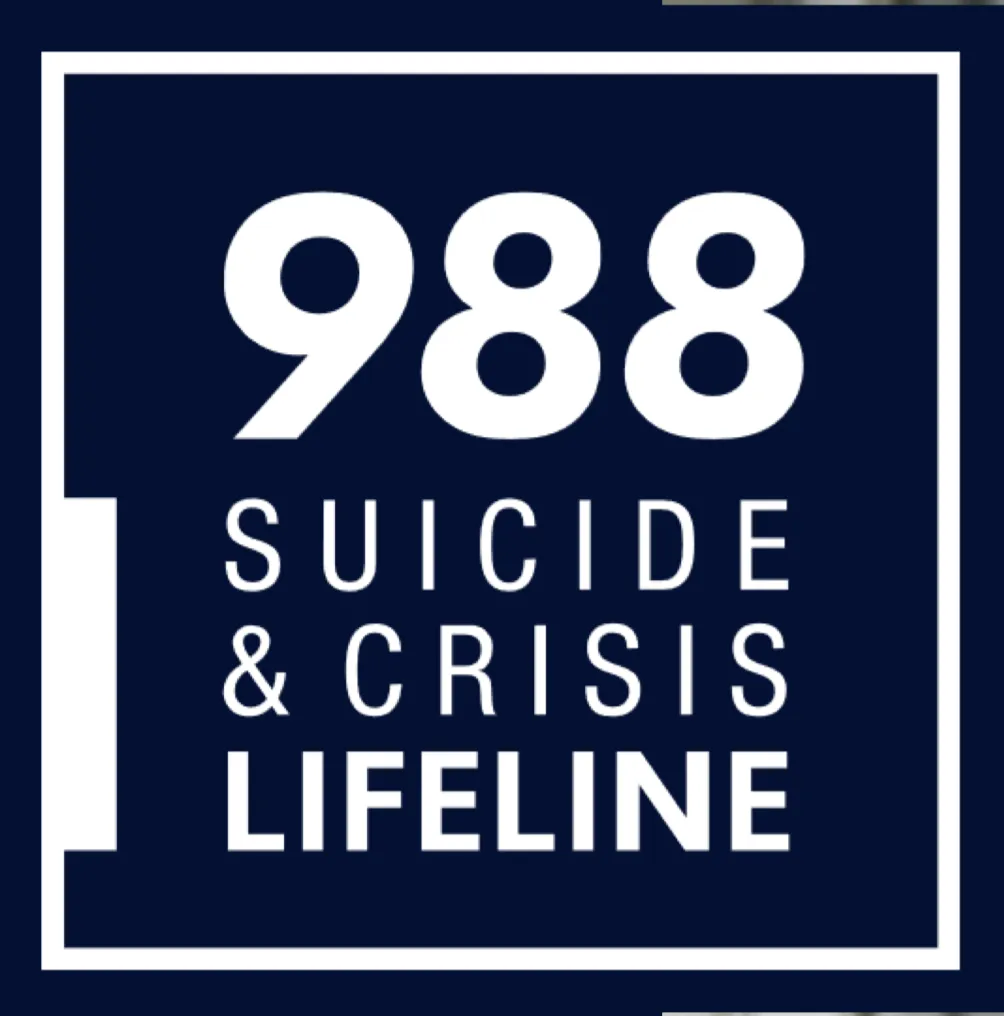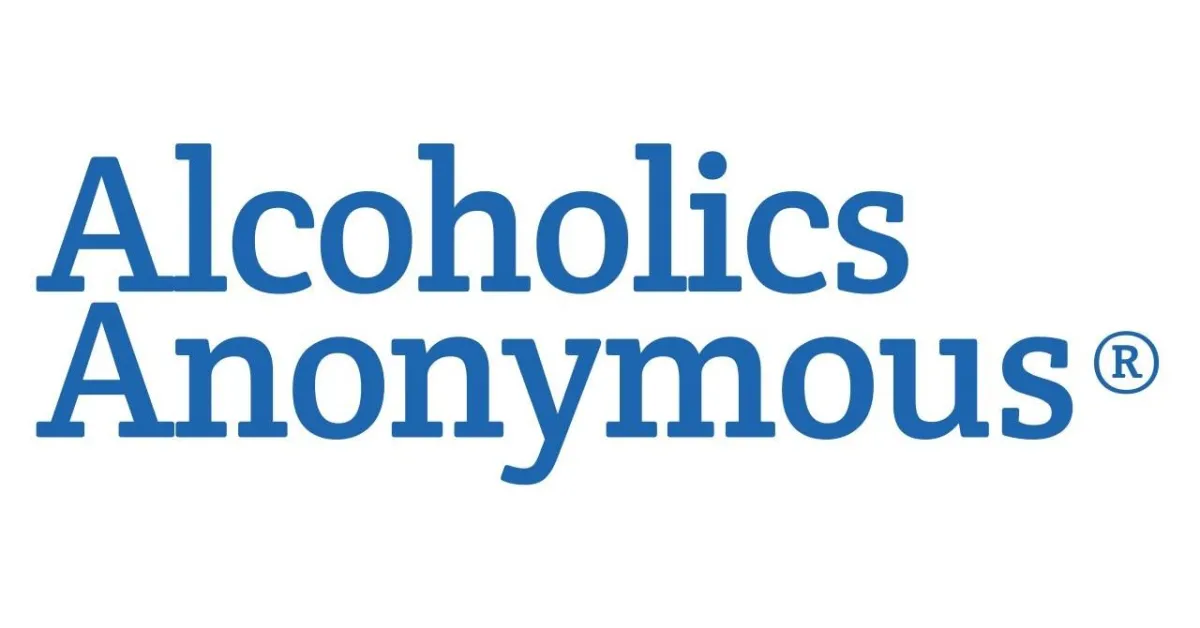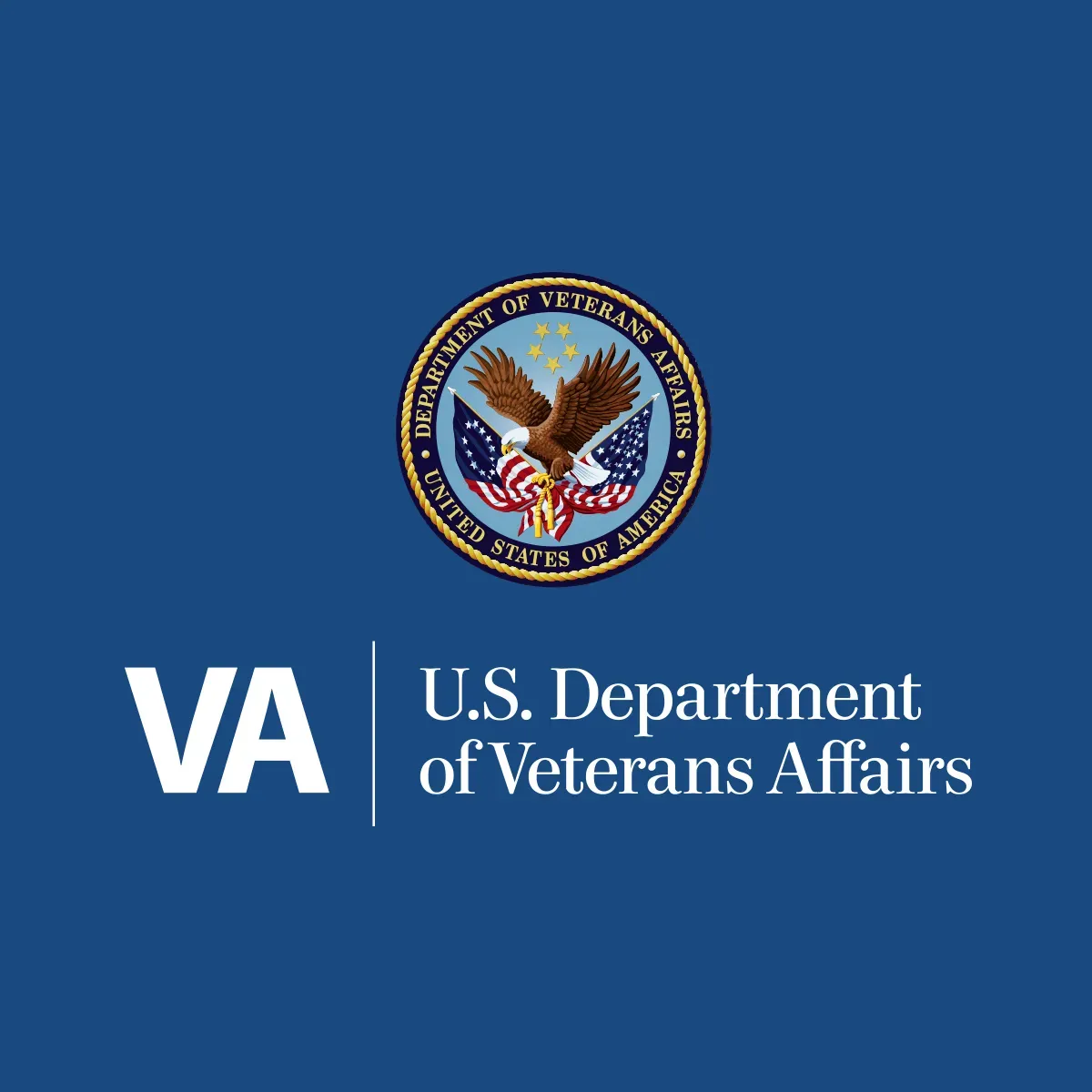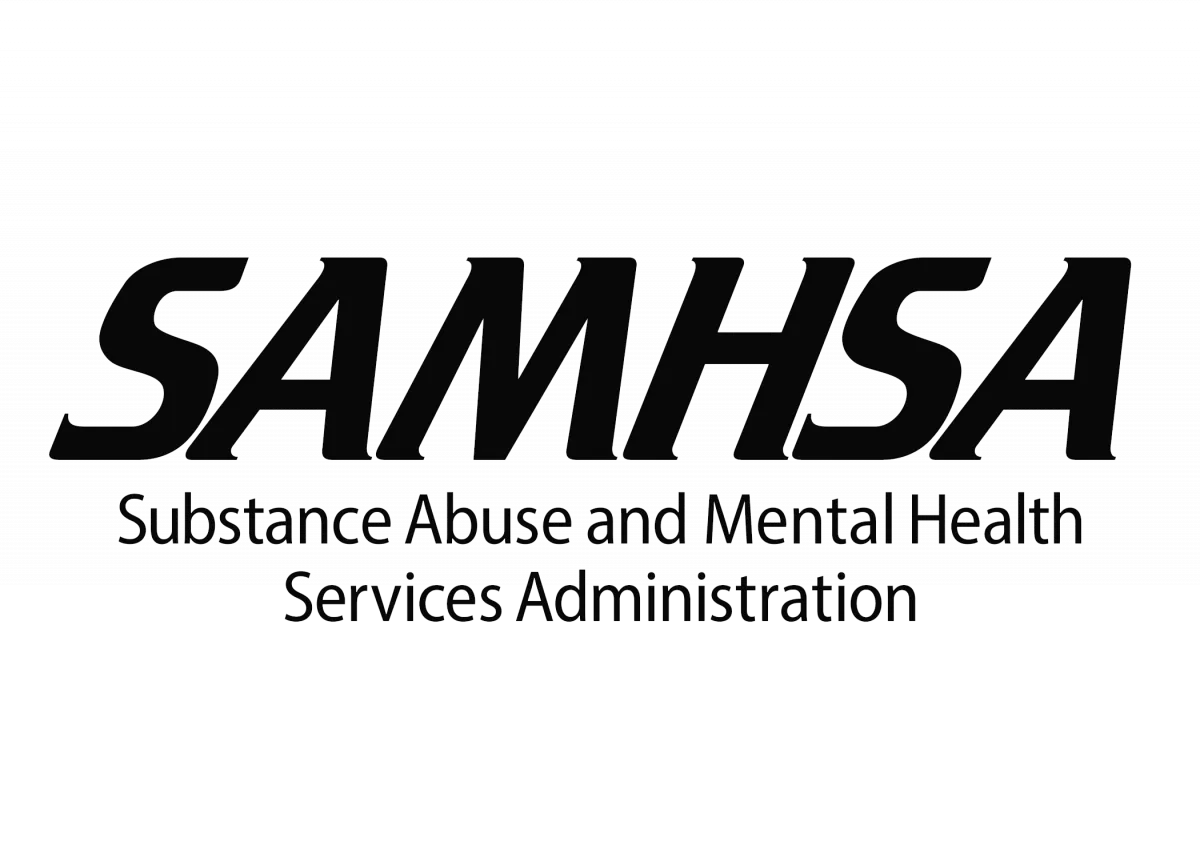FAQS
How does life coaching differ from therapy?
While both life coaching and therapy aim to support personal growth, they have distinct approaches. Therapy typically focuses on addressing past traumas, emotional healing, and diagnosing mental health conditions. On the other hand, life coaching is forward-focused, centered around setting and achieving goals, enhancing performance, and unlocking potential. If you're seeking to overcome specific challenges from your past, therapy might be more suitable. If you're looking to create a roadmap for personal or professional success, life coaching could be the right fit.
How often are coaching sessions conducted?
Coaching sessions frequency can vary based on your needs and preferences. Typically, we recommend starting with weekly sessions to establish momentum and make consistent progress. As you gain confidence and traction towards your goals, sessions might transition to bi-weekly or monthly. The flexibility of our approach ensures that the coaching frequency adapts to your evolving requirements, ensuring optimal support and accountability.
What if I'm unsure about my goals and direction?
It's completely normal to feel uncertain about your goals and direction. Our coaching process begins with an initial assessment where we'll work together to clarify your aspirations, values, and priorities. Through insightful questioning and exploration, we'll collaboratively uncover your passions and potential areas for growth. If you're not entirely sure about your goals, our coaching can help you gain clarity and chart a course that aligns with your authentic self. Remember, the journey towards clarity is an integral part of the coaching process itself.

If you or someone you know is struggling or in crisis. Help is available.
Call or text 988 Suicide & Crisis Lifeline or chat 988lifeline.org
Understanding Trauma: Key Symptoms & Effective Treatment Options for Healing
In this video, we will explore the common symptoms of trauma and provide an overview of effective treatment options to support your healing journey.
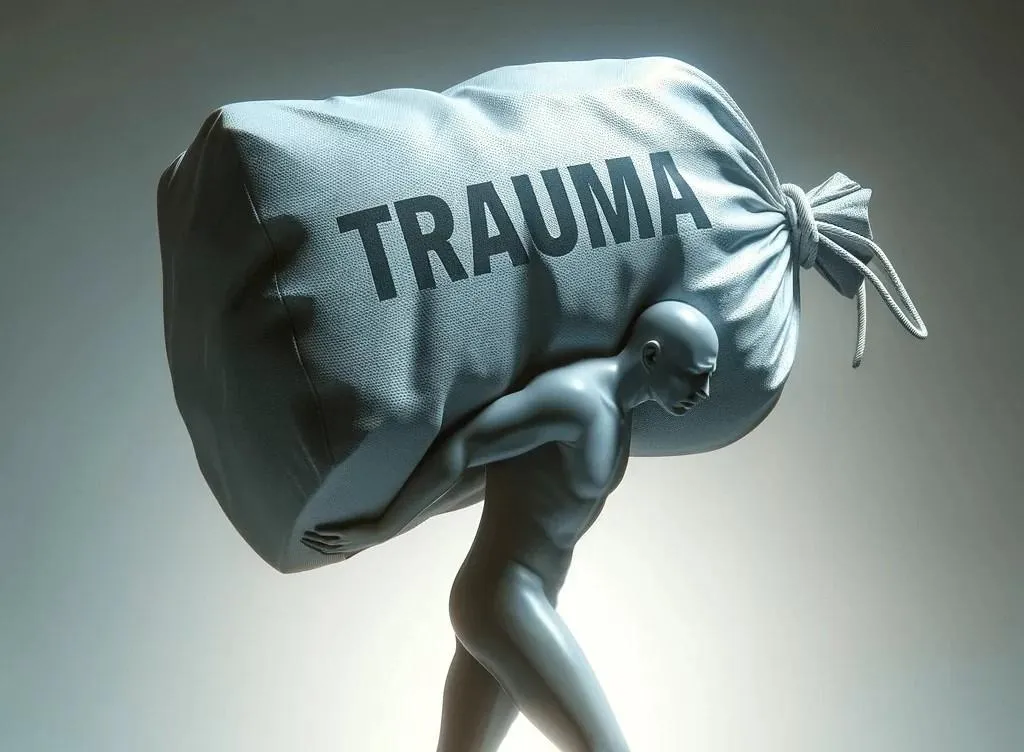
What is Trauma?
Trauma is a deeply distressing or disturbing experience that overwhelms an individual's ability to cope, causing feelings of helplessness, diminished sense of self, and inability to feel a full range of emotions and experiences. It often results from events such as physical or emotional abuse, natural disasters, accidents, or witnessing violence, and can have long-lasting effects on a person's mental, emotional, and physical well-being. Trauma can disrupt normal development and functioning, leading to various psychological issues such as anxiety, depression, and post-traumatic stress disorder (PTSD), and requires compassionate, effective therapeutic interventions to facilitate healing and recovery.
Symptoms
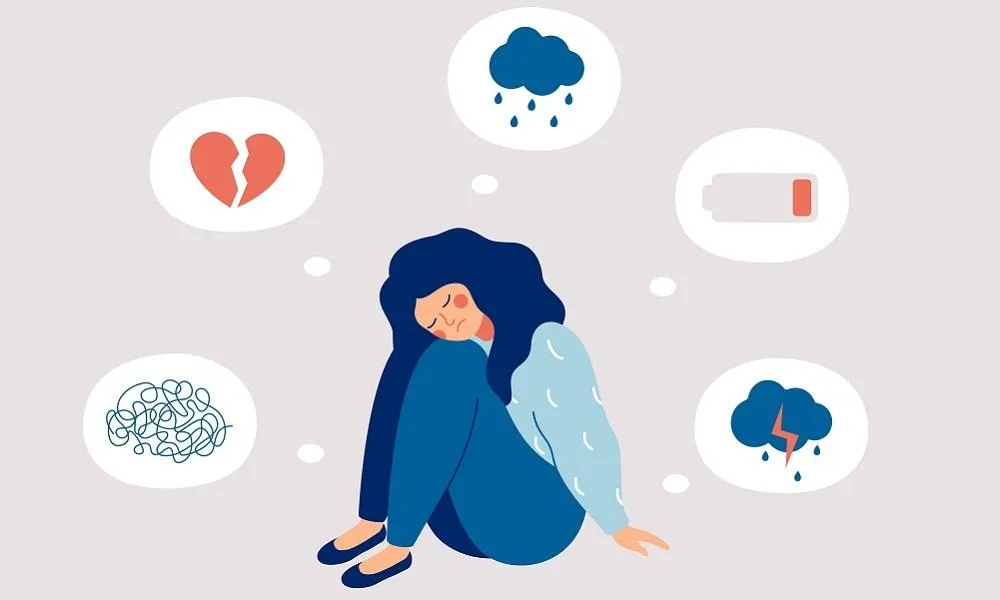
Symptoms of trauma can vary widely but often include:
1. Emotional Symptoms: Intense feelings of fear, anxiety, anger, sadness, or shame. Individuals may also experience mood swings, irritability, or a sense of hopelessness.
2. Cognitive Symptoms: Difficulty concentrating, memory problems, intrusive thoughts, flashbacks, and nightmares related to the traumatic event.
3. Behavioral Symptoms: Avoidance of reminders of the trauma, withdrawal from social activities, changes in eating and sleeping patterns, and engaging in risky or self-destructive behaviors.
4. Physical Symptoms: Headaches, fatigue, difficulty sleeping (insomnia), increased heart rate, gastrointestinal issues, and a heightened startle response.
5. Psychological Symptoms: Feelings of detachment or numbness, dissociation, hypervigilance, and an exaggerated sense of blame or guilt.
These symptoms can significantly impact your daily life and functioning, and professional help is often needed to address and manage them effectively.
Treatment Options

The best treatment options for trauma typically include a combination of therapeutic approaches tailored to the individual's specific needs. Some of the most effective treatments are:
1. Cognitive-Behavioral Therapy (CBT): This therapy helps individuals identify and change negative thought patterns and behaviors related to the trauma. Trauma-focused CBT (TF-CBT) is particularly effective for children and adolescents.
2. Eye Movement Desensitization and Reprocessing (EMDR): EMDR is a structured therapy that encourages the patient to briefly focus on the trauma memory while simultaneously experiencing bilateral stimulation (typically eye movements), which is associated with a reduction in the vividness and emotion associated with the trauma memories.
3. Exposure Therapy: This approach involves gradually exposing individuals to trauma-related memories, feelings, and situations in a safe and controlled environment to help them reduce their fear and avoidance behaviors.
4. Medication: In some cases, medications such as antidepressants or anti-anxiety drugs can be prescribed to help manage symptoms like depression, anxiety, and insomnia that often accompany trauma.
5. Psychodynamic Therapy: This therapy focuses on understanding the unconscious processes and past experiences that influence current behavior, helping individuals gain insight into their trauma and develop healthier coping mechanisms.
6. Group Therapy: Participating in group therapy with others who have experienced similar trauma can provide support, reduce feelings of isolation, and offer different perspectives on coping strategies.
7. Mindfulness and Stress Reduction Techniques: Practices such as mindfulness meditation, yoga, and deep breathing exercises can help individuals manage stress, improve emotional regulation, and enhance overall well-being.
8. Art and Expressive Therapies: Creative therapies such as art, music, and dance therapy allow individuals to express their emotions and experiences in non-verbal ways, which can be particularly beneficial for those who find it difficult to talk about their trauma.
It's important to work with a trained mental health professional to determine the most appropriate treatment plan based on your unique situation and needs.
Available Help
988 Suicide and Crisis Lifeline We can all help prevent suicide. The 988 Lifeline provides 24/7, free and confidential support for people in distress, prevention and crisis resources for you or your loved ones, and best practices for professionals in the United States.
Find A.A. Near You This website does not contain a meeting finder. Contact one of the A.A. resources below for a meeting list in that location and the surrounding area.
The Online Intergroup of Alcoholics Anonymous, or OIAA, is an International service organization established in accordance with the Ninth Tradition of Alcoholics Anonymous A.A., specifically for the purpose of assisting online.
All of the efforts of Narcotics Anonymous are inspired by the primary purpose of our groups. Upon this common ground we stand committed.
Marijuana Anonymous is a simple program based on one addict helping another.
A simple, supportive approach to mental health care. Find a therapist who fits your needs and takes your insurance.
The United States Department of Veterans Affairs is a Cabinet-level executive branch department of the federal government charged with providing lifelong healthcare services to eligible military veterans at the 170 VA medical centers and outpatient clinics located throughout the country.
NAMI is the National Alliance on Mental Illness, the nation’s largest grassroots mental health organization dedicated to building better lives for the millions of Americans affected by mental illness.
If you or someone you know has a mental illness, is struggling emotionally, or has concerns about their mental health, there are ways to get help.
The Substance Abuse and Mental Health Services Administration (SAMHSA) is the agency within the U.S. Department of Health and Human Services (HHS) that leads public health efforts to advance the behavioral health of the nation and to improve the lives of individuals living with mental and substance use disorders, and their families.
The National Network of Depression Centers (NNDC) develops and fosters connections among members to use the power of our network to advance scientific discovery, and to provide stigma free, evidence-based care to patients with depressive and bipolar illnesses.

